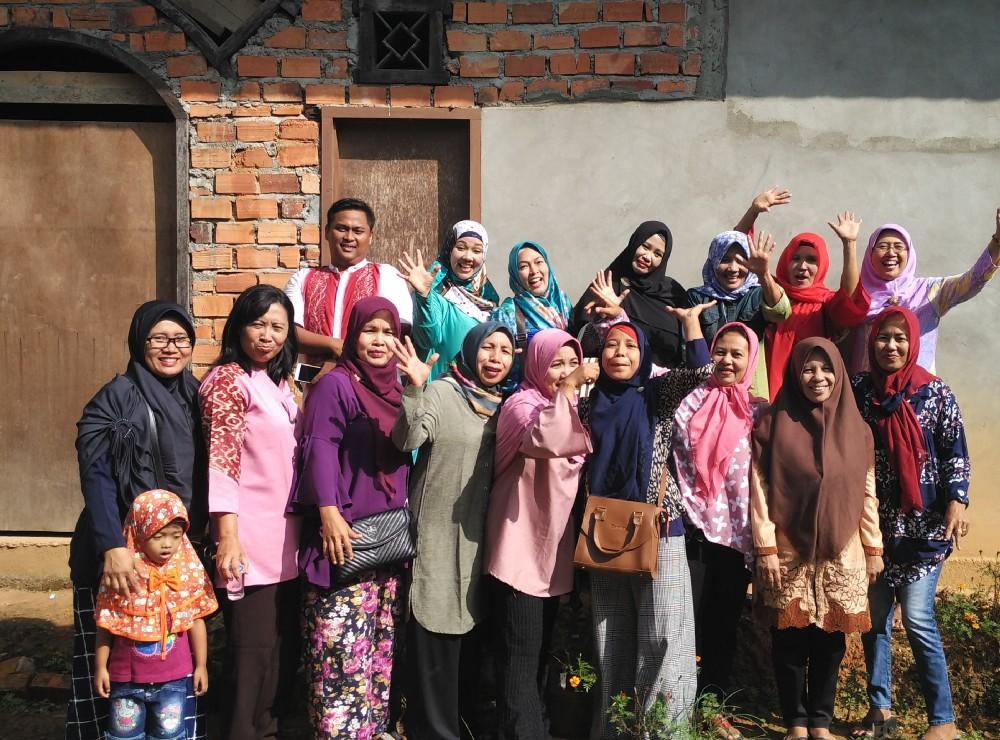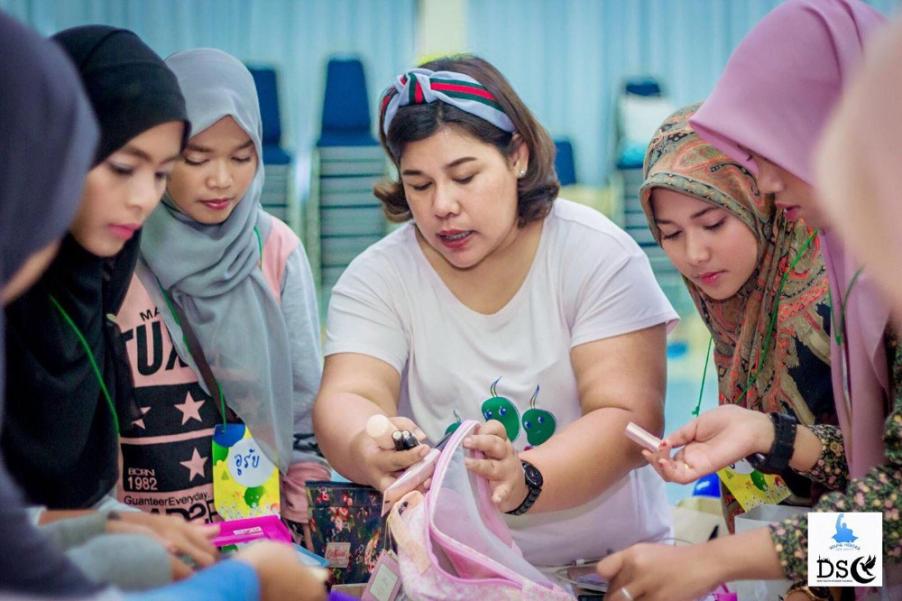
In Asia, gender equality is gradually advancing. According to World Economic Forum’s Global Gender Gap Index 2021, East Asia has closed about 68.8% of the gender inequality gap, while South Asia and Southeast Asia have closed about 62.6%.
But Covid-19 has set back the gender conversation. For example, women make up close to 70% of the global health workforce and are currently more likely to be frontline workers. At the same time, women are still currently underrepresented in the national or global leadership directing the response to COVID-19 — decisions that directly impact their health and safety. Examples like this illustrate why we must shift our focus and tackle gender issues at the system level, shifting mindsets and behaviors. The end goal: equality not only for women but for everyone.
Ashoka Asia recently concluded a set of “eye-level” conversations between high-impact leaders in philanthropy and entrepreneurship, as part of the Changemaker Leadership Series to discuss how to advance change on the urgent issues we face. Here are our takeaways from our conversations around gender.
1. A new gender order for 21st-century reality.
The old gender paradigm no longer holds up. As a natural construct, there is nothing wrong with gender, says Ashoka’s Turkey’s country Director, Field Leader Zeynep Meydanoglu — but gender as a social construct is too rigid and hierarchical. We are looking at a 15,000-year-old gender order that cannot keep up with the current realities of the 21st century.
To bring equality and inclusivity, we need to address the “authenticity gap.” The authenticity gap refers to a gender order that prescribes how people should be rather than what they authentically are. To bridge the gap, we can focus on empathy, self-realisation and self-expression.
"Individuals who are not connected to themselves or others through empathy, cannot be changemakers.” - Zeynep Meydanoglu.
The success of gender equity lies in our ability to bring everyone together around common values that will help us build an adaptable and inclusive gender order. We must replace oppression with empathy.
2. Re-examining our language
As we seek to redefine gender as a construct, language matters because words create worlds of change.
Language can be used for good or bad. It is more powerful than any physical means of oppression. Rohini Nilekani, Founder of Nilekani Philanthropies, puts it:
“The right language will create powerful movements of change and make the conversation around gender far more approachable.
Right language starts with defining basic terms. For example, what is gender equity? What language is fully inclusive of the LGBTQ+ community? Common misconceptions and assumptions can be very damaging. As part of SDG Goal Number 5 on Gender Equality, the UN had launched their own website on “Gender-Inclusive Language” that focuses on providing resources and guidelines on using gender-neutral language. We need the right language to convey the right message.
3. The power of families
Re-defining the ecosystem begins with the foundation, the smallest and intimate ecosystem every human being has: their family.
“We need to build an ecosystem where children can grow up as changemakers to bring gender justice and gender equality issues,” says Ashoka Fellow and Founder of PEKKA, Nani Zulminarni and Leadership group Member at Ashoka. What matters is we start with “the smallest system which is the family, and it does not matter how we find family”.
Nico Pablo of Ashoka Philippines, in conversation with Dr. Akkai Padmashaali, urged families to “challenge gender expectations and norms” and start conversations between families who have accepted the new gender paradigm, and those who haven’t.
Ashoka Young Changemaker Ila explains this mindset shift within families:
“Girls were perceived not in need of higher education since they would always end up in the kitchen. This is the mindset we want to change. We want women to be the mothers of the new generation. Women who will build this nation in the future.”
Young people are powerful agents to create a better world. This generation will have a dream, build their team and take creative action to solve problems.
4. Men and boys play a role, too
When it comes to addressing gender inequality, men are not only “part of the conversation” but also “a key part of the solution,” says Cheryl Chen, Director of CSR, Asia Pacific, S&P Global. Making progress can involve men taking action in different roles — husbands can play a bigger role with housework and childcare, for example, and senior managers can recruit or promote more women at senior leadership levels.
Patriarchy not only harms women but everyone. We need to address the stigmatisation that men face due to traditional patriarchal perspectives. Dilip Pattubala built Uninhibited, an organisation that aims to destigmatize menstruation in India, on the basis that young boys and men need to be educated and need to take charge in destigmatising issues surrounding the human body. He realised that “men also have a lot of intersectional disadvantages” that need to be brought into the light. This can be only done if we dismantle power structures and shift towards powering solutions together.
5. We must scale social change in all directions
Success comes from solutions that can reach everyone and anyone. As we promote a new gender paradigm, we must scale in three ways, says Ashoka Leadership Group Member and Founder of ADEA, Iman Bibars: “Scale wide, deep, and out”.
Scaling “wide” requires changing policies, “scaling deep” requires changing our mindsets, and “scaling out” requires changing conversations within and across every part of society.
According to Ashoka’s research in partnership with S&P Global Foundation, women social entrepreneurs work towards inclusive communities along many “socio-cultural sensitivities and fault lines.” Women social entrepreneurs have scaled deep. Now the focus needs to shift towards policy change and changing the broader conversation.
Ashoka Fellow Dina Lumbantobing established her foundation, PESADA, on the idea that “we need women that can organise for economic and political development. She is creating credit unions for women that focus not just on saving, but on equipping women to be changemakers and collaborate with local leaders to create more gender equity.
The change we need is sweeping. But it is possible. Changemakers are already working to move mindsets and chip away at patriarchal structures that underlie many of our deep-rooted problems. To shift the gender order on a global scale, everyone has a critical role to play.
The contributors to the insights in this article are Ashoka Staff and Fellows Claire Davenport (WISE Global Coordinator, Ashoka Arab World), Zeynep Meydanoglu (Ashoka Turkey), Iman Bibars (ADEW), Nani Zulminarni (PEKKA), Dina Lumbantobing (PESADA), Nico Pablo (Ashoka Philippines), Dian Septiyana Anderson (Ashoka Singapore & Malaysia).
Follow @ImanBibars, @NaniZulminarni, @DianAnderson and @NicoPablo on LinkedIn.
Follow @ZeynepMeydanoglu and @DinaLumbantobing, on Twitter.
Follow @ThisisNextNow on Instagram now for more on current and next events.
